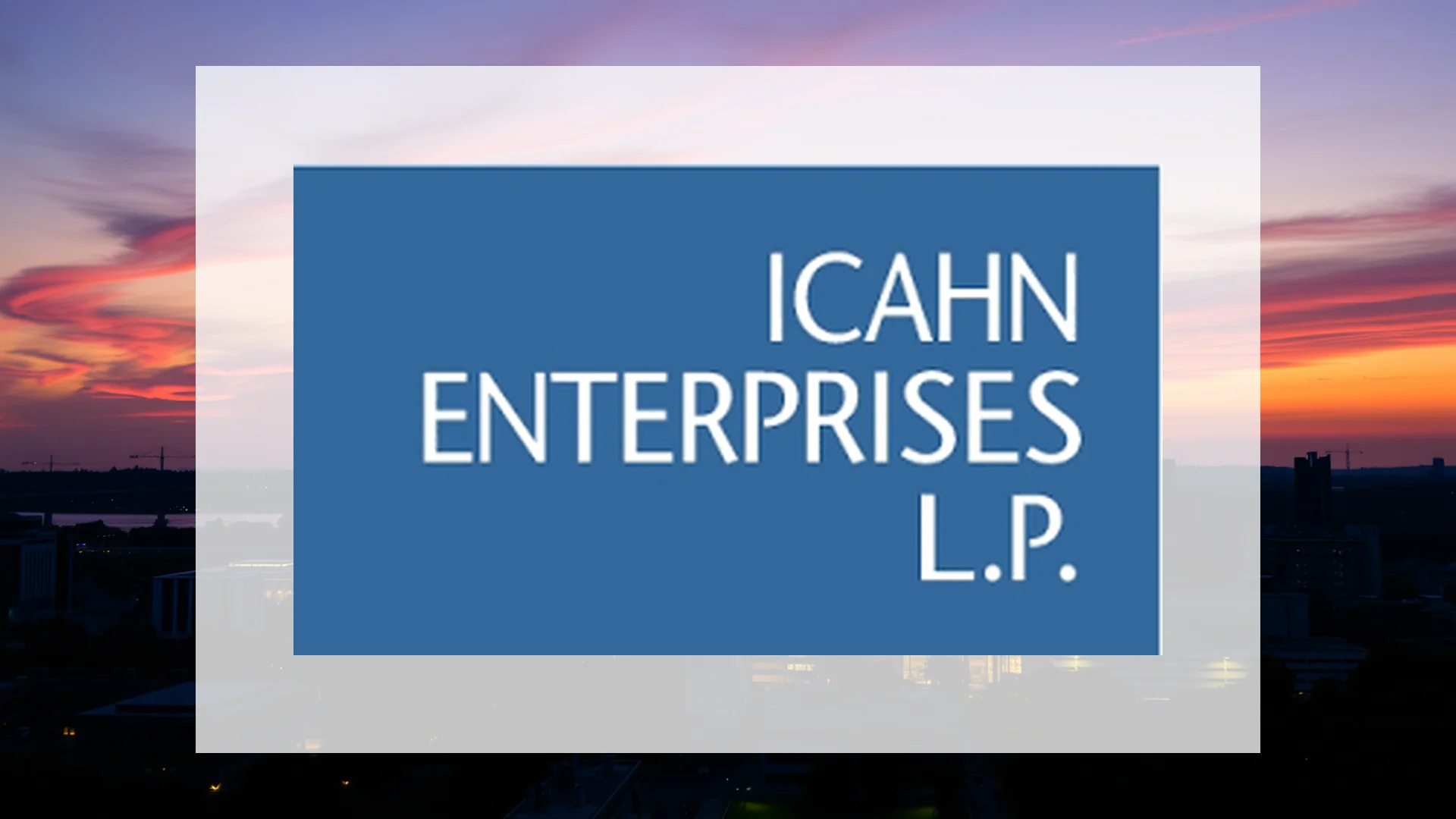Carl Icahn’s namesake conglomerate finds itself at a critical juncture, with mixed financial signals emerging from the activist investor’s empire. While the company’s net asset value demonstrates strength, operational profitability remains elusive despite strategic financial maneuvers and portfolio adjustments.
Strategic Financial Restructuring Underway
In a significant move to address its debt structure, Icahn Enterprises secured $500 million through senior secured notes in late August. The capital raise primarily targets the early repayment of bonds maturing in 2026, signaling management’s focused approach to managing near-term obligations. Concurrently, the company is preparing an at-the-market offering program that could generate up to $412 million in additional capital. This financial flexibility is intended to support potential acquisitions and general corporate purposes as Icahn positions the company for recovery.
Q2 2025 Performance: Divergent Metrics Tell Complex Story
The second-quarter financial results present a tale of contrasting performance indicators. Icahn Enterprises reported a net loss of $165 million, representing a notable improvement as this figure marks a 50% reduction compared to the same period last year. Revenue showed positive momentum, increasing from $2.2 billion to $2.4 billion year-over-year.
Should investors sell immediately? Or is it worth buying Icahn Enterprises?
Perhaps most significantly, the adjusted EBITDA loss narrowed substantially from $155 million to $43 million, suggesting improving operational efficiency. The most promising development emerged in the net asset value metric, which climbed by $252 million to reach $3.3 billion. This NAV growth was largely driven by the company’s stake in CVI, whose share price surged 38% during the quarter and contributed $561 million to the overall valuation.
Operational Realignment and Future Prospects
Not all business segments performed equally well, prompting strategic adjustments. The company shuttered 22 underperforming automotive service locations as part of its optimization strategy for the automotive division. Meanwhile, the pharmaceutical subsidiary VIVUS shows potential for future growth, having initiated a pivotal trial for a new pulmonary arterial hypertension treatment.
Despite trading well below its previous highs, the stock maintains appeal for income-focused investors with a dividend yield exceeding 23%. Carl Icahn himself demonstrates continued confidence in the enterprise, personally maintaining control of 86% of shares. The fundamental question remains whether the legendary investor can successfully execute this complex turnaround or if Icahn Enterprises will continue facing persistent headwinds.
Ad
Icahn Enterprises Stock: Buy or Sell?! New Icahn Enterprises Analysis from February 8 delivers the answer:
The latest Icahn Enterprises figures speak for themselves: Urgent action needed for Icahn Enterprises investors. Is it worth buying or should you sell? Find out what to do now in the current free analysis from February 8.
Icahn Enterprises: Buy or sell? Read more here...










